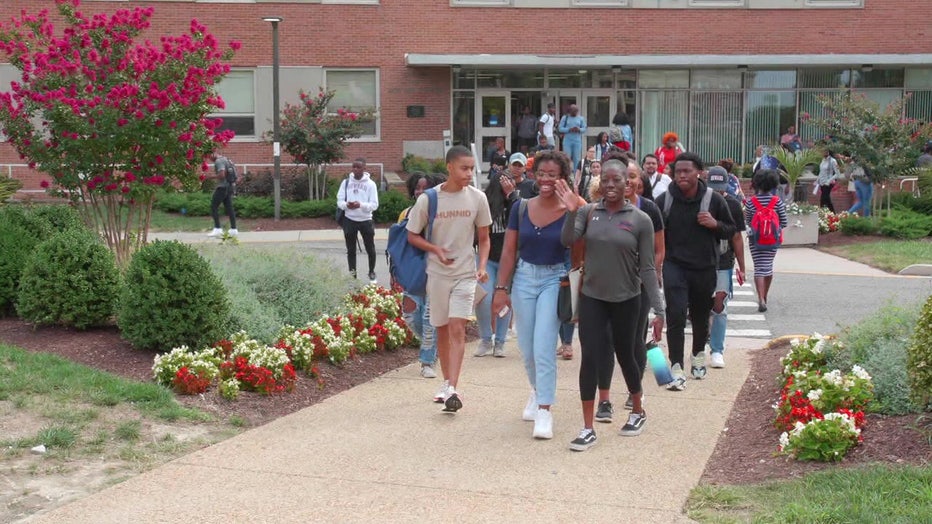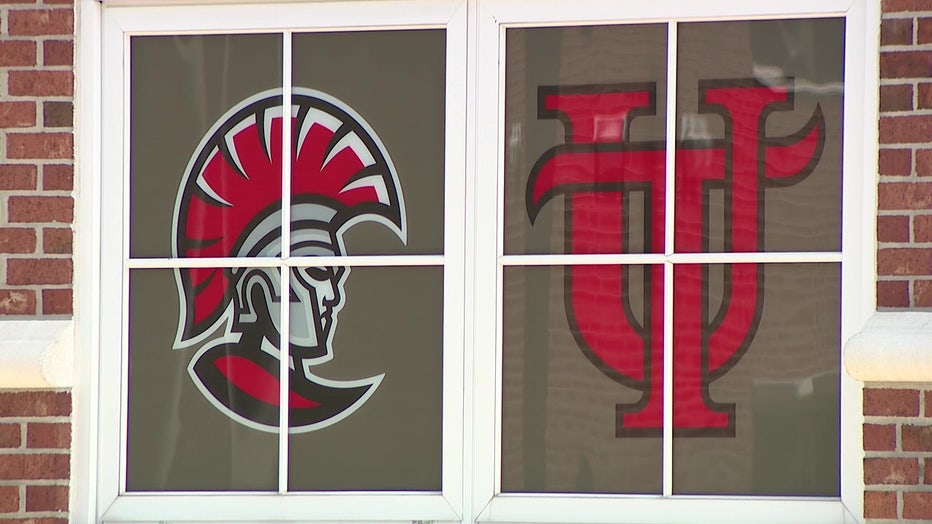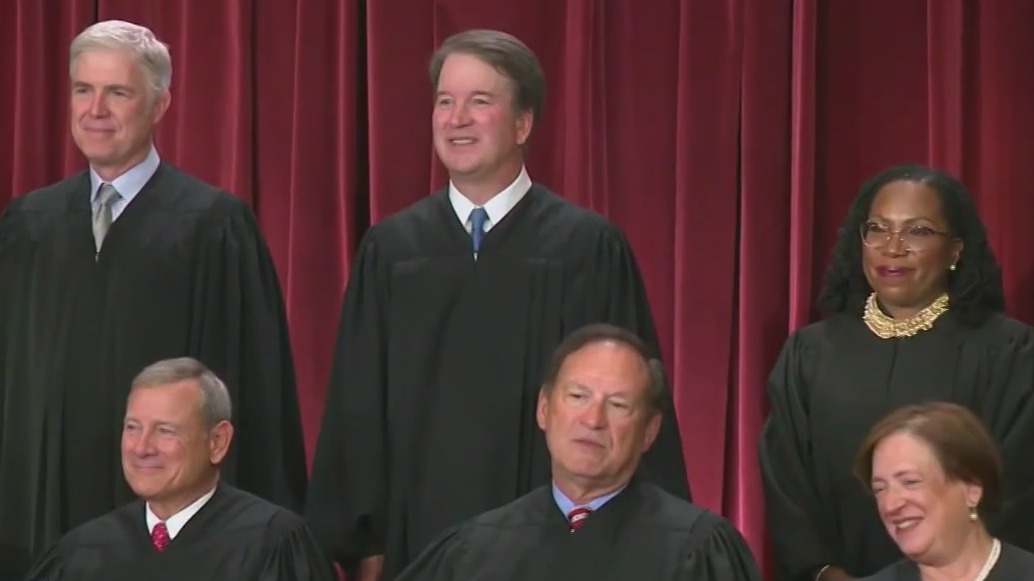Tampa professors say Supreme Court blocking affirmative action impacts more than education
TAMPA, Fla. - The U.S. Supreme Court announced race can no longer be used as a factor to determine who gets admitted to colleges and universities across the country, joining states that previously blocked affirmative action including Florida.
The 6-3 decision by the nation’s highest court sent shock waves through college admissions offices, brought cheers from Republican candidates for president and rebuke from progressives and President Joe Biden who said Thursday discrimination still exists in America.
RELATED: Supreme Court strikes down affirmative action in college admissions
It’s been more than two decades since Florida banned affirmative action when former governor Jeb Bush signed an executive order known then as the "One Florida Initiative" in 1999.

The ruling on affirmative action could impact scholarships and minority owned businesses in addition to students' access to education.
Some Tampa Bay college professors were in the classroom back then.
"Yeah, I remember the time when it came, and there are pretty predictable concerns that arise when you change admissions dramatically in any way," said Peter Lake, a professor of law at Stetson University College of Law. "There was some consternation that would really undermine that and there were some statistics to suggest this, and we've seen that in other states too. But as with every change like this, people begin to cope."
Thursday’s Supreme Court ruling on affirmative action levels the rest of the country with what Florida has already done since 1999. Researchers who study race in college admissions said states, including Florida, that banned the practice saw a drop in underrepresented groups.
"Most institutions experienced anywhere between a 25 to 50 percent decrease in applications from African-American, Latino, Native American, Native Hawaiian students," explained Dana Thompson Dorsey, an associate professor of education law and policy at University of South Florida. "There had never been much of a drop or lack of application from Asian or Asian American students, but there has been a decline when it's come to those who are underrepresented and in higher education."

Affirmative action has been banned in Florida for over 20 years.
READ: Roe v. Wade: One year after landmark decision overturned, leaving abortion laws up to states
Thompson Dorsey said the decision has a potential impact beyond admissions, like minority-based scholarships and more.
"This decision can impact Pre-K-12, can impact minority owned businesses who are seeking contracts with local, state or federal government," said Thompson Dorsey.
Experts said it also lines up with Florida’s recent laws regarding race, such as the Stop WOKE Act and this year’s Senate Bill 266 eliminating state and federal funding for diversity, equity and inclusive programs in colleges and universities.
Lake called the ruling a defining moment that won’t be the last, and it will likely prompt more cases on race-related issues.
"If people think this is the last race conscious case, it's just the beginning. Welcome to the 21st century. We're going to have a new set of issues to debate," Lake shared.


